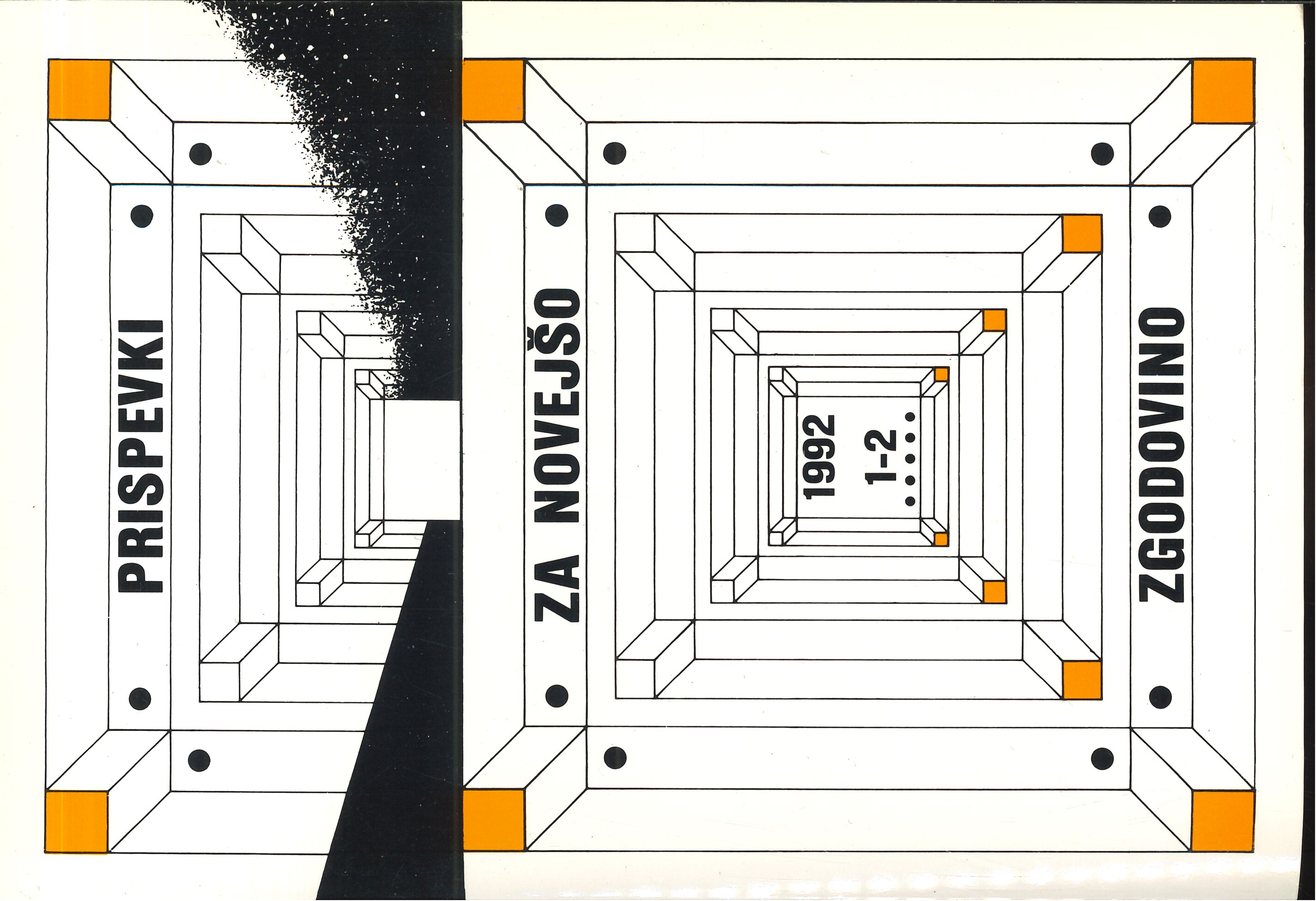Agrarian Reform after World War II - Its Nature, Effects, Implications
Keywords:
povojno obdobje, Jugoslavija, Slovenija, agrarna reformaAbstract
The author outlines the nature and/or aims of the Yugoslav authorities' agrarian reform at the end of World War II; the reform was the first of its political and economic measures, enacted as early as 1945. The prime aim of the agrarian reform was inherently political. The author briefly describes its effects in Slovenia, and eventually deals with the implications obvious primarily in the economic sphere, specifically in the structure of land holdings and the social structure.
Downloads
Published
1992-01-01
Issue
Section
Articles
License
Authors who publish with this journal agree to the following terms:
- Authors retain copyright and grant the journal right of first publication with the work simultaneously licensed under a Creative Commons Attribution License that allows others to share the work with an acknowledgement of the work's authorship and initial publication in this journal.
- Authors are able to enter into separate, additional contractual arrangements for the non-exclusive distribution of the journal's published version of the work (e.g., post it to an institutional repository or publish it in a book), with an acknowledgement of its initial publication in this journal.
- Authors are permitted and encouraged to post their work online (e.g., in institutional repositories or on their website) prior to and during the submission process, as it can lead to productive exchanges, as well as earlier and greater citation of published work (See The Effect of Open Access).


